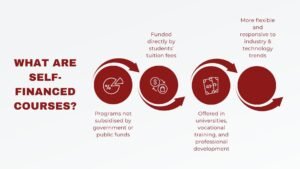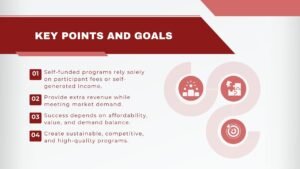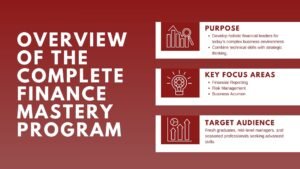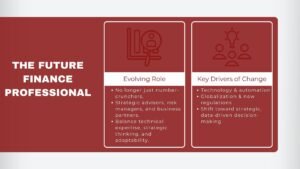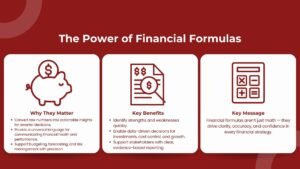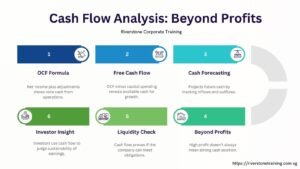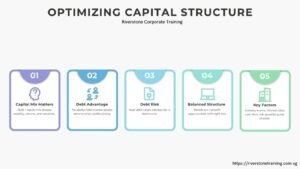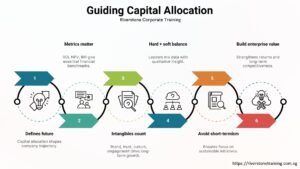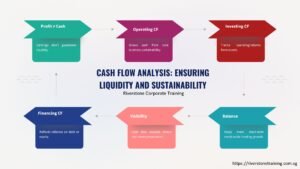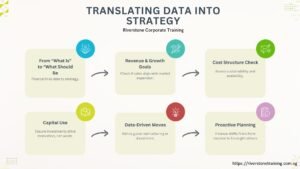Operational Risk Management Courses for Finance Professionals
Operational Risk Management Courses for Finance Professionals
Risk management is vital in a world where the financial institutions are under intensified scrutiny and complexity. Market and credit risks have most of the limelight but operational risk which is a result of internal operations, systems, human error or external incident is also very devastating. While market risk and credit risk often dominate discussions, operational risk—arising from internal processes, system failures, human errors, or external disruptions—can be equally damaging, both financially and reputationally.
To finance professionals, operational risk management classes are the ones that can offer the means of identifying, evaluating, and reducing these risks in a systematic manner. They instruct on the creation of strong structural profiles to ensure organizational stability and insure stakeholders, and regulatory adherence. Participants learn to design and implement robust risk frameworks that promote organizational resilience, ensure compliance with regulatory standards, and safeguard stakeholder interests. These programs, often complementing an advanced finance planning course Singapore, also emphasize proactive risk culture, data-driven analysis, and internal controls, preparing professionals to anticipate and manage operational challenges before they escalate into crises.
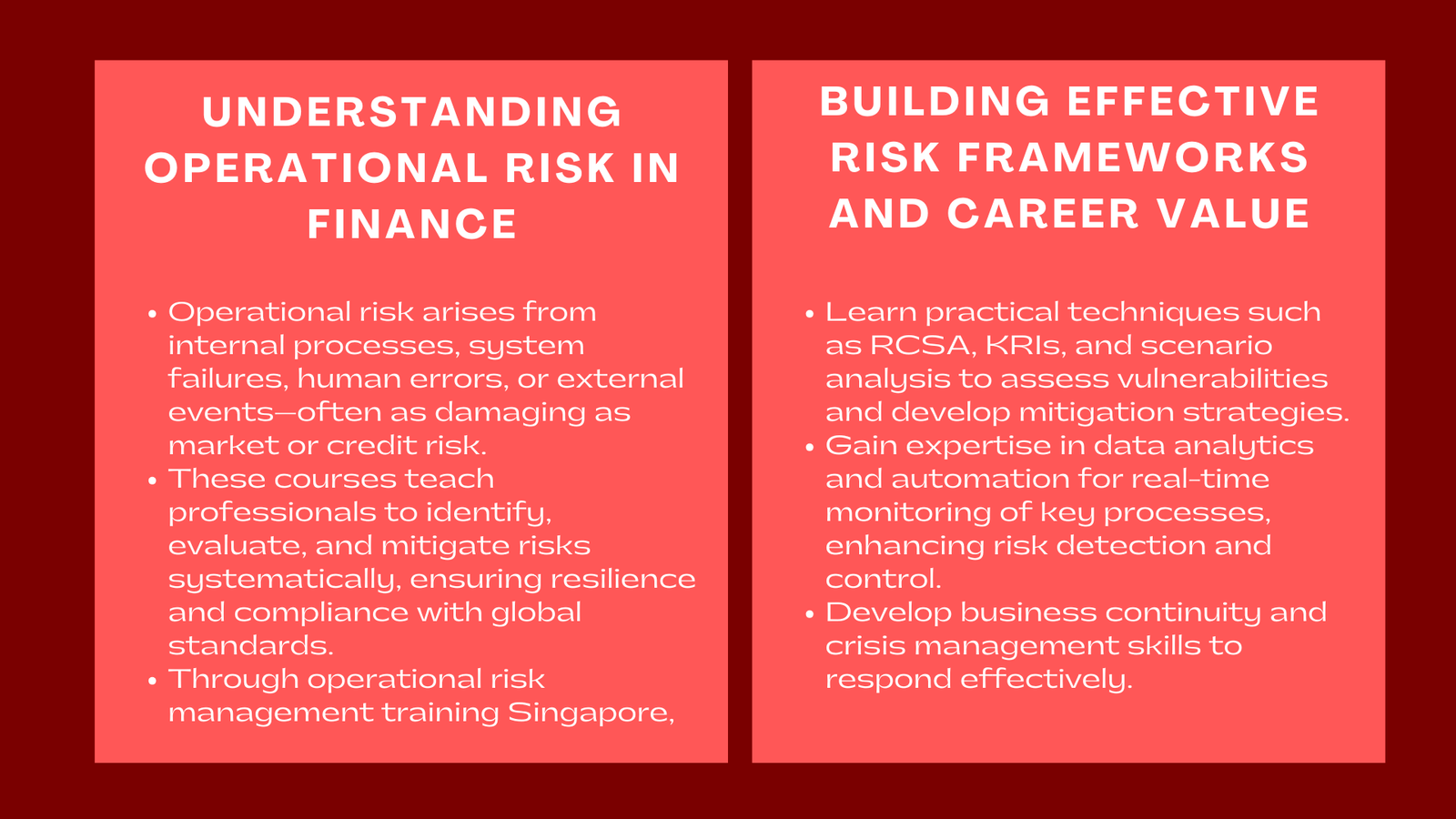
Understanding Operational Risk in Finance
Operational risk has to do with the possibility of losing due to failure and/or ineffective internal procedures, individuals, systems, and external circumstances. Contrary to market risk (1) and credit risk (1) that would occur because of price changes and creditor default, respectively, operational risk is found in all the areas of operation. Through operational risk management training Singapore, professionals gain a comprehensive understanding of the full spectrum of operational risks — from process inefficiencies and IT system disruptions to internal fraud, regulatory breaches, and reputational damage. Participants learn to apply structured frameworks such as the Three Lines Model of Defense, where business units, risk management teams, and internal auditors each play a distinct but interdependent role in risk control and monitoring.
The subject of operational risk management assists a professional to gain knowledge about the entire range of risk types: process failures, IT disruptions, fraud, compliance violations and reputational loss. The participants get a chance to be educated on the application of the Three Line Model of Defense where the business units, the risk management, and the in-house auditing teams all have a different role to play in the process of controlling and monitoring risk.
The other baselines that are incorporated by modern risk management education include Basel III, ISO 31000, and COSO ERM model, which determines the best way through which the global financial institutions can ensure the existence of its reliable governance and control system.
Building a Strong Risk Management Framework
Strategic and practical applications are all Mr. Operational risk management courses focus on. Students learn to conduct risk identification and evaluation with the help of such tools like risk control self-assessment instrument (RCSA), key risk indicators (KRIs), and scenario analysis. These techniques enable professionals to systematically pinpoint vulnerabilities, measure potential impacts, and prioritize mitigation strategies across the organization.
The loss data gathering and loss analysis are also addressed in training programs that assist organizations to recognize the trends and make better controls. Modern risk management teams are able to keep track of critical processes in real-time by combining data analytics and automation tools and minimize the chances of failure of the operations. By leveraging data analytics and automation tools, modern risk management teams can monitor critical business processes in real-time, reducing the likelihood of operational failures and enabling proactive risk mitigation.
Also, professionals acquire skills in how to develop and execute business continuity and crisis management plans – the skills needed to reduce disruptions that were brought about by natural disasters, cyberattacks or system failures. By mastering these strategies, finance and risk professionals not only protect organizational assets but also enhance resilience, ensuring that business operations remain robust even under adverse conditions.
Why Operational Risk Management Skills Are Valuable
Even a small malfunction in the operation in the world of finance can result in huge losses or damage to the reputation. Thus, organizations are seeking professionals who will actively determine the vulnerabilities and guarantee that the established standards of regulations are outlined.
To those in the field of finance operation risk management is a skill that enhances governance and strategic perception. It also equips them to work in compliance roles, enterprise risk management (ERM) functions or audit functions as leaders. Mastery of this discipline equips individuals to assume leadership roles in compliance, Enterprise risk management training for financial institutions and internal audit functions, where they can influence policy, safeguard assets, and guide strategic planning.
Moreover, due to the current technological revolution in the finance sector, the role of learning the cyber risk, financial frauds, and risk of automation is gaining momentum. Professionals trained in these areas are able to anticipate emerging threats, implement preventive measures, and ensure that their organizations remain agile and secure in the face of evolving financial and technological challenges.
Conclusion
Operational risk management courses equip the professionals working in the field of finance to fulfill the role of ensuring organizational integrity to establish resilient systems to handle uncertainty. They integrate both the theoretical frameworks and applied tools of identifying, assessing and mitigating risk.
Operational risk management can help any financial professional not only the organization they are inheriting protect their purchasing power but also be better strategic and effective in their decision-making and leadership skills. The experience of operational risk is one of the pillars of a sustainable commercial success in the modern dynamic world of finances. Understanding operational risk—ranging from process failures and IT disruptions to fraud and compliance breaches—is essential for maintaining stability in complex financial environments.
Ultimately, operational risk expertise serves as a cornerstone of sustainable business success. In today’s fast-paced and dynamic financial world, professionals with this skill set are better positioned to ensure organizational resilience, make informed strategic choices, and drive long-term value creation.



